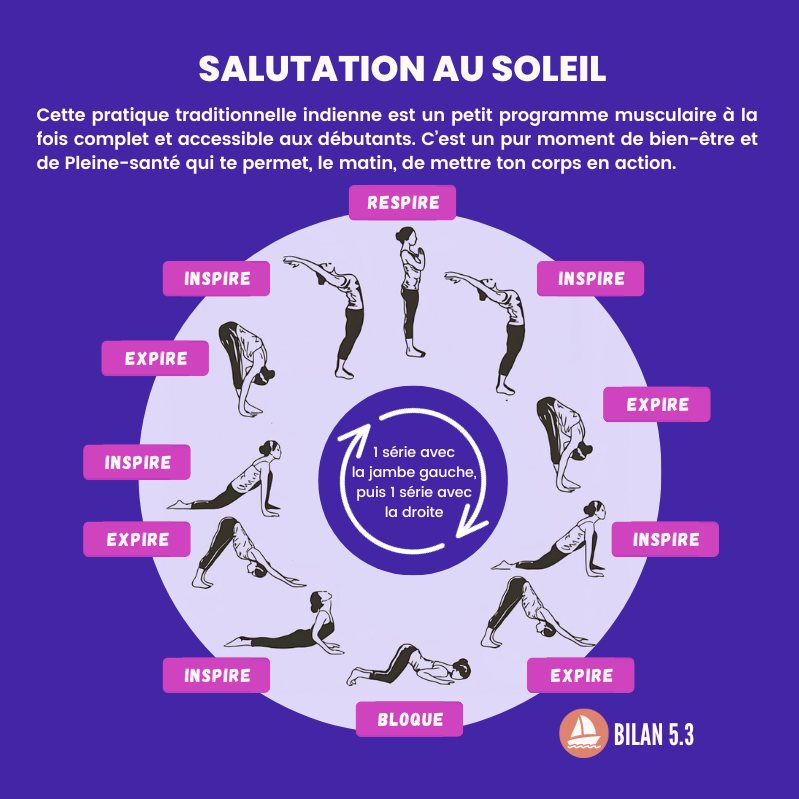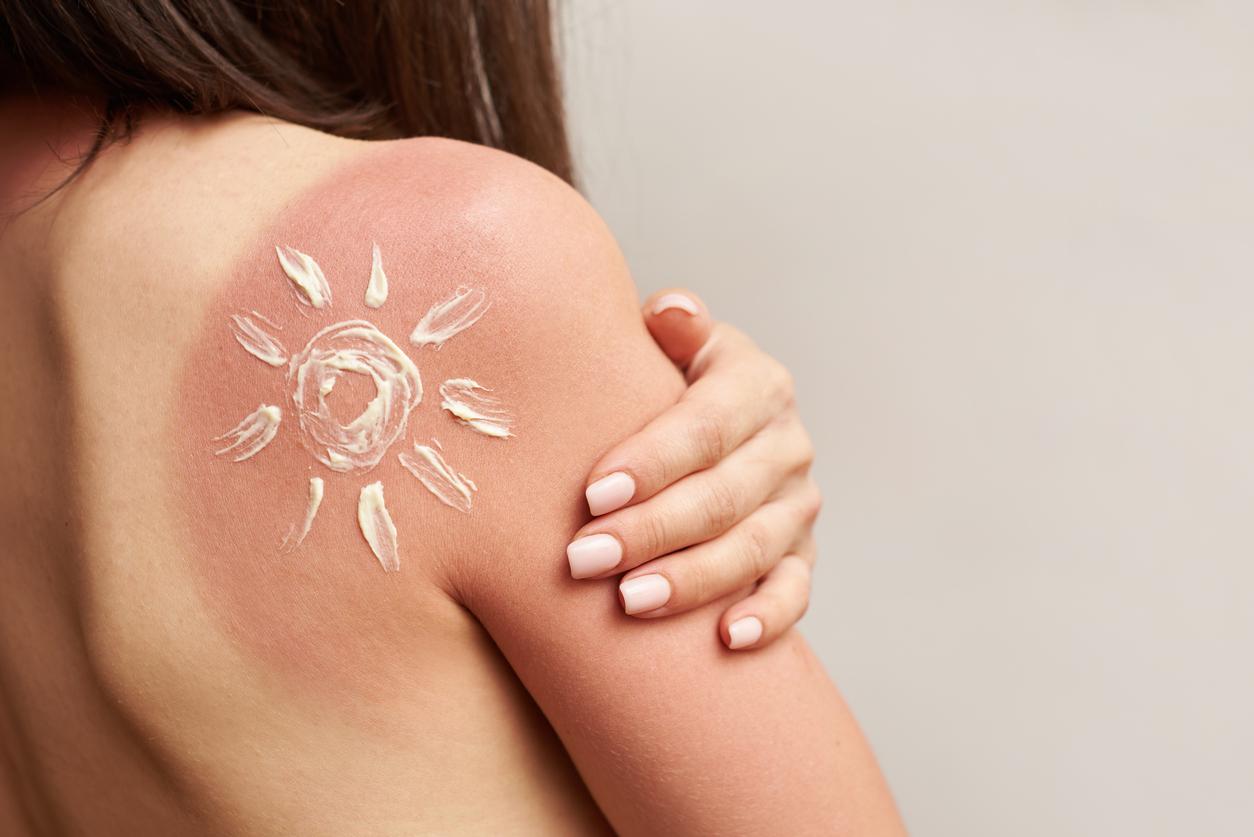When choosing sunscreen, it is important to consider several factors to ensure you get adequate protection from UV rays.

- To obtain adequate protection against the sun’s UV rays, there are several criteria to check on your sunscreen.
- First, you need a sunscreen with an SPF of at least 30 and broad spectrum.
- A water-resistant sunscreen is also a better option, especially if you sweat a lot or are going swimming.
There are several things to consider when buying sunscreen. Why Doctor Takes Stock.
How to choose sun protection?
SPF (Sun Protection Factor): Look for a sunscreen with an SPF of at least 30. This means it offers protection against about 97% of UVB rays. A higher SPF can offer additional protection, but it’s important to note that increasing the SPF does not equate to a proportional increase in protection. The key is to choose an SPF that’s appropriate for your skin type and needs.
Broad spectrum: Make sure the sunscreen offers broad-spectrum protection, which means it protects against both UVA and UVB rays. UVA rays are associated with premature skin aging, while UVB rays are responsible for sunburn.
Texture and application: Choose a sunscreen with a texture that suits your skin type. Options include creams, lotions, gels or sprays. Make sure it applies easily and evenly to the skin.
A water-resistant sunscreen
Water resistance: If you plan on swimming or sweating a lot, opt for a water-resistant sunscreen. However, it’s important to note that even water-resistant products need to be reapplied regularly, following the instructions on the package.
Sensitivity and allergies: If you have sensitive skin or allergies, choose a sunscreen formulated for sensitive skin or that is hypoallergenic. Avoid sunscreens that contain ingredients to which you are allergic.
Expiration date: Always check the expiration date of the sunscreen. Active ingredients can lose their effectiveness over time, so it is important to use products that are still within their period of effectiveness.
Professional recommendations: If you have specific concerns about your skin or have special needs, consult a dermatologist or healthcare professional for recommendations specific to your situation.
Finally, it is important to note that using sunscreen is only one part of overall sun protection.

















